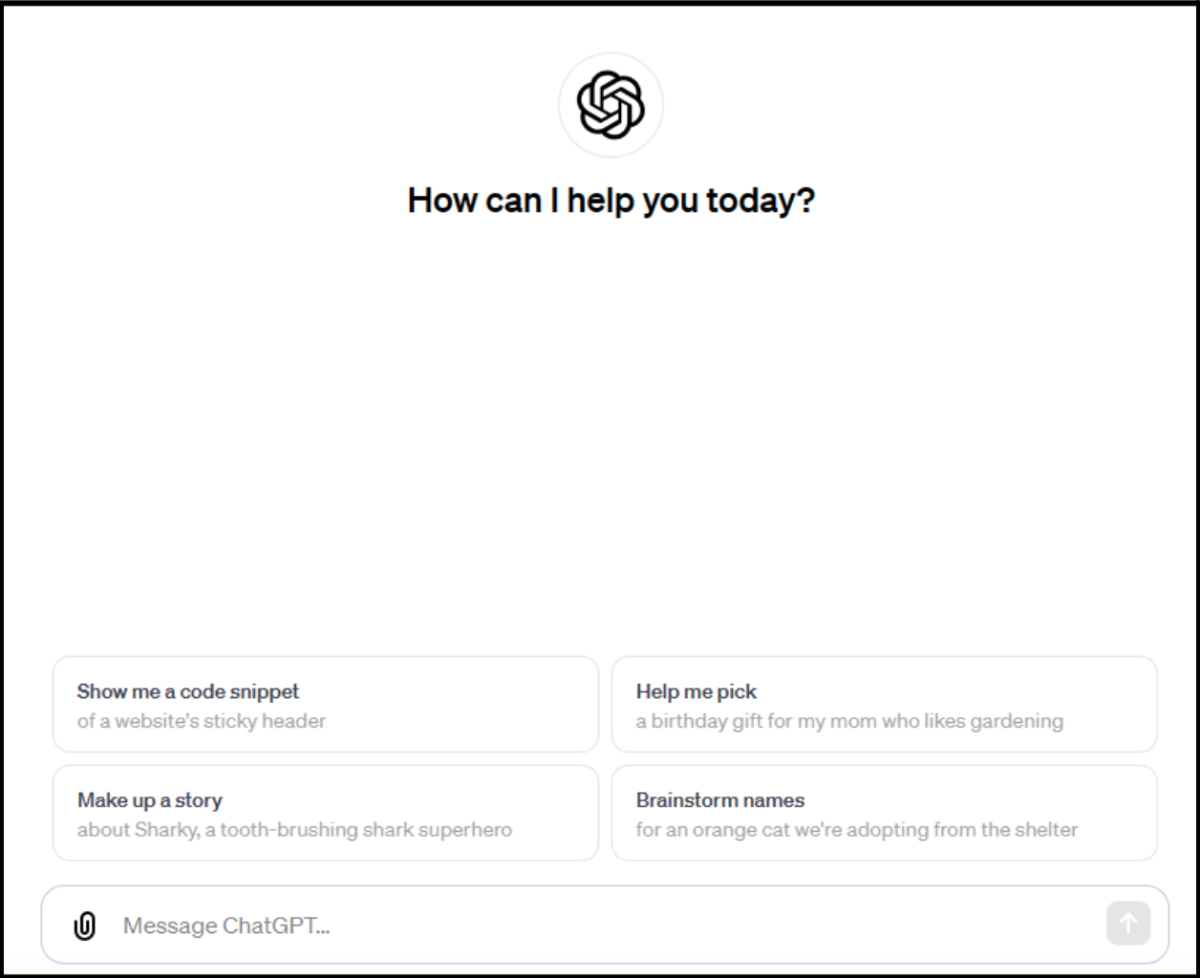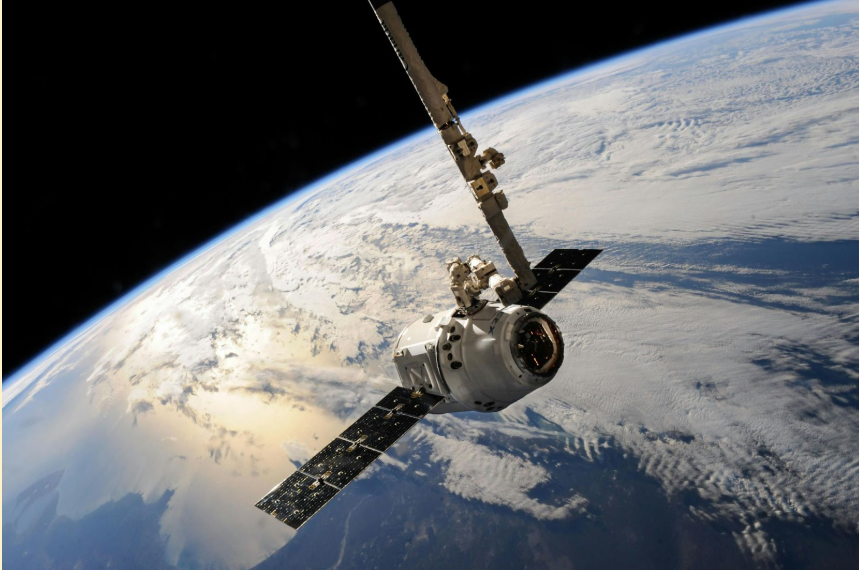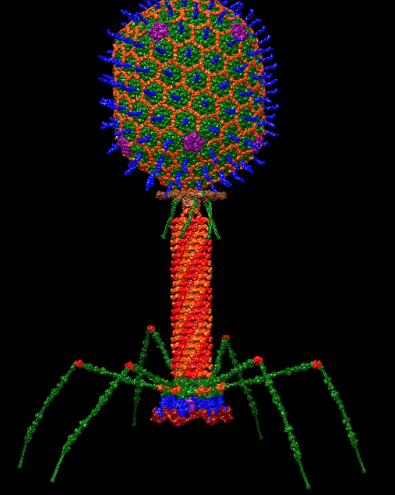Since the COVID-19 pandemic, the world has seen a surge in the production and development of AI technologies. It has skyrocketed in popularity as more people incorporate it into their daily lives, with the most prevalent of these being OpenAI’s ChatGPT.
However, there have been ethical concerns within these companies, which illustrate the uncertainty of AI’s future and the divide between many prominent societal figures about how to deal with the newfound — and potentially dangerous — technology.
ChatGPT and OpenAI
On Nov.17, 2023, the news erupted with information that OpenAI had just fired its CEO and co-founder, Sam Altman. It was unknown why he was fired – although some have claimed that the board felt that Altman was not being entirely truthful with them regarding differing views about the future of OpenAI.
Microsoft hired Altman as the chief executive of their newly founded AI group. But then, something unexpected happened. After Altman’s removal, the majority of the OpenAI workers announced that they would quit if the board refused to reinstate him. In just five days, Altman had become the most sought-after person in the tech industry.
As Altman returned to his position as CEO, OpenAI’s board of directors underwent changes regarding their earlier decision to oust him. Many of the board members were fired and replaced, both during and after the incident. However, the only board members that completely left the company were women, and were replaced by representatives from Twitter and Facebook, both men.
As OpenAI’s board of directors was replaced, Microsoft was added to the board as a non-voting observer so that they will be able to view more about the company’s mechanics without being a part of the larger decisions.
In a statement by Satya Nadella, the CEO of Microsoft, he said, “We remain committed to our partnership with OpenAI, and have confidence in…continuing to support our customers and partners,” continued Nadella in his statement. “Together, we will continue to deliver the meaningful benefits of this technology to the world.”
However, there are many professors, researchers, and leaders in the technology industry who would prefer that OpenAI moved more slowly in their training of powerful computers, quoting at least “six months” to minimize the risks that AI posed to society and humanity.
Regarding these concerns, an open letter was written and signed by 702 signatories to limit the rapid advancement of AI by many distinguished AI academics in machine learning; including Elon Musk of SpaceX and Tesla, and Steve Wozniak, one of the co-founders of Apple. The letter intended to provide time to “introduce ‘shared safety protocols’ for AI systems” and continue development only when the risks posed to society have been mitigated. The protocols could help to determine how AI technologies could impact “health, safety, and individual rights.”
Pros
AI has made a huge impact in the lives of many people around the world, and nearly every person who uses it would agree that there are both positive and negative effects of the new technology.
It can be a beneficial influence in our lives, particularly for those using it for work and research, and it is a valuable database compiled of many resources previously used on webpages such as Google. The technology helps to manage more knowledge and find specific information that the user may be looking for, in place of a web search that could take far longer to find the same information.
The progression of AI technology is also the next step towards a new era of communication and technology, and allows the complexity of our society to advance. This can help it grow, not only as a civilization, but also economically, and it can aid people in other aspects of their lives – like work and management.
Current search engines have many more restrictions than AI technology and assistants have; it is easier and more efficient to find information with a program such as ChatGPT or BingAI compared to scouring the internet for a specific piece of information. AI technology is also able to be suited to individual needs, should the user require it, which sets it apart from previous inventions regarding the internet.
Cons
Although AI is a groundbreaking technology that has impacted our current society in a number of ways, like all technological advancements, it still has limitations.
All of the programming that allows AI to be accepted and utilized by the public is a result of coded inputs by human beings. Consequently, these AI’s may develop and learn biases because of the information that is programmed into its system by real people.
Despite this, it is also a machine of pure logic, so it is also difficult to train an AI to learn ethics, which limits the intelligence and information that it provides. An AI has no personal background or history to draw upon to differentiate between right and wrong–or to make a decision in a critical moment (like with autonomous vehicles)–so an instinctive choice made by an AI could look very different from what a human would do in the same situation.
AI–due to its ability to be more accurate than humans–could and has caused the displacement of jobs due to its ability to complete these jobs at a faster and more efficient rate. A few of these jobs include graphic artists, journalists, data analysts and lawyers; AI is believed to replace around 300 million full-time jobs in our society today.
All in All…
The moral questions in the largest AI company in the world have shown us that the future of AI is uncertain, and few claim to know what it holds in store for us, but we have seen that it is an important step forward in the tech industry.
AI is an incredible invention that has significant potential to change our society today – in both positive and negative ways – and though it should be treated with care and diligence, it opens the doorway to new advancements in technology and within our society.









